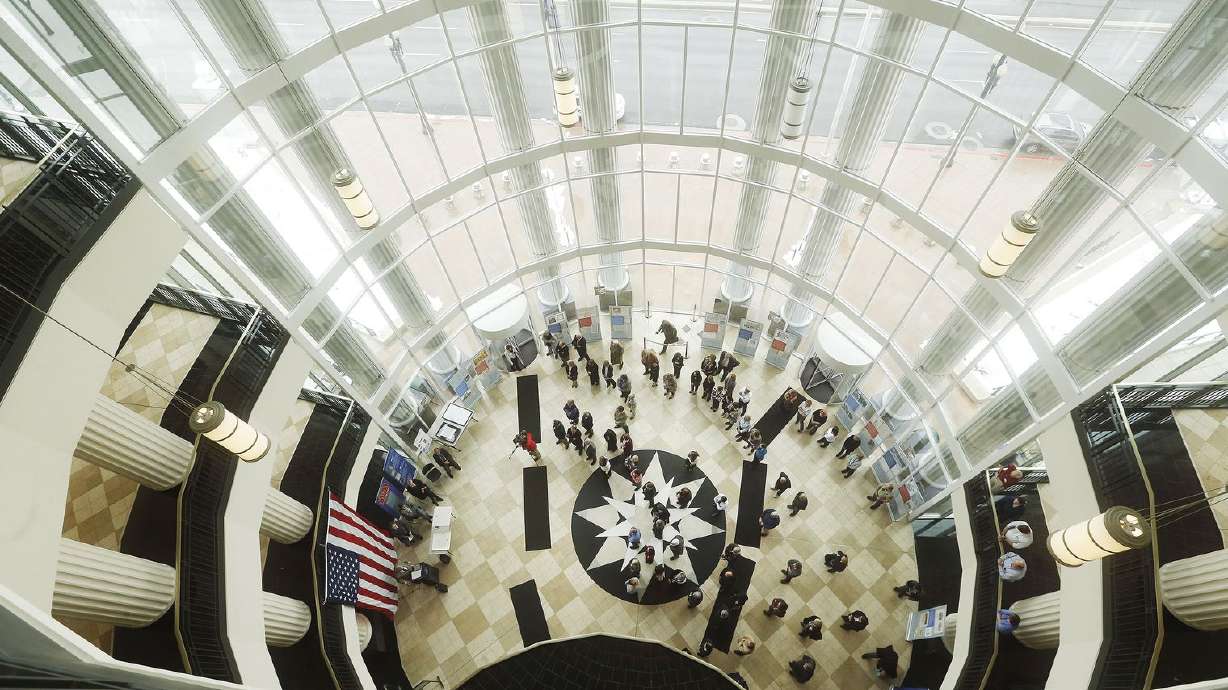Estimated read time: 2-3 minutes
This archived news story is available only for your personal, non-commercial use. Information in the story may be outdated or superseded by additional information. Reading or replaying the story in its archived form does not constitute a republication of the story.
SALT LAKE CITY — A new Utah Supreme Court ruling will allow people living in the state under the Deferred Action for Childhood Arrivals policy, commonly known as “dreamers,” to serve as lawyers.
The ruling took effect Wednesday in Utah, according to briefs filed on the Utah State Courts website.
The DACA rule allows certain undocumented youths to stay in the U.S. if they came to the country as children. Recipients of deferred action status under DACA are shielded from deportation and are allowed to work in the country.
Wednesday’s ruling allows people who receive deferred action status under either DACA or another policy to be eligible for admission to the Utah State Bar if they meet all other admission requirements.
Two women, identified only as Jane and Mary Doe in court filings, brought the case before the state’s supreme court last year.
One of the women attended Brigham Young University and the other attended the University of Utah. Both passed California’s bar exam, but they could not practice law in Utah.
A section of U.S. code prohibits people who are not lawfully present in the country from receiving certain government benefits, including professional licenses, according to a statement from the Utah Supreme Court.
However, the same section of code allows states to “opt out” of that rule if a state enacts a law to contradict the federal code, the court’s statement says.
A question arose in the case on whether or not a court-enacted rule would qualify as a state law under the federal code stipulation. The Utah State Legislature weighed in and determined that it would qualify, according to the court’s statement.
New York and Pennsylvania have also enacted similar rules, the court statement said.










